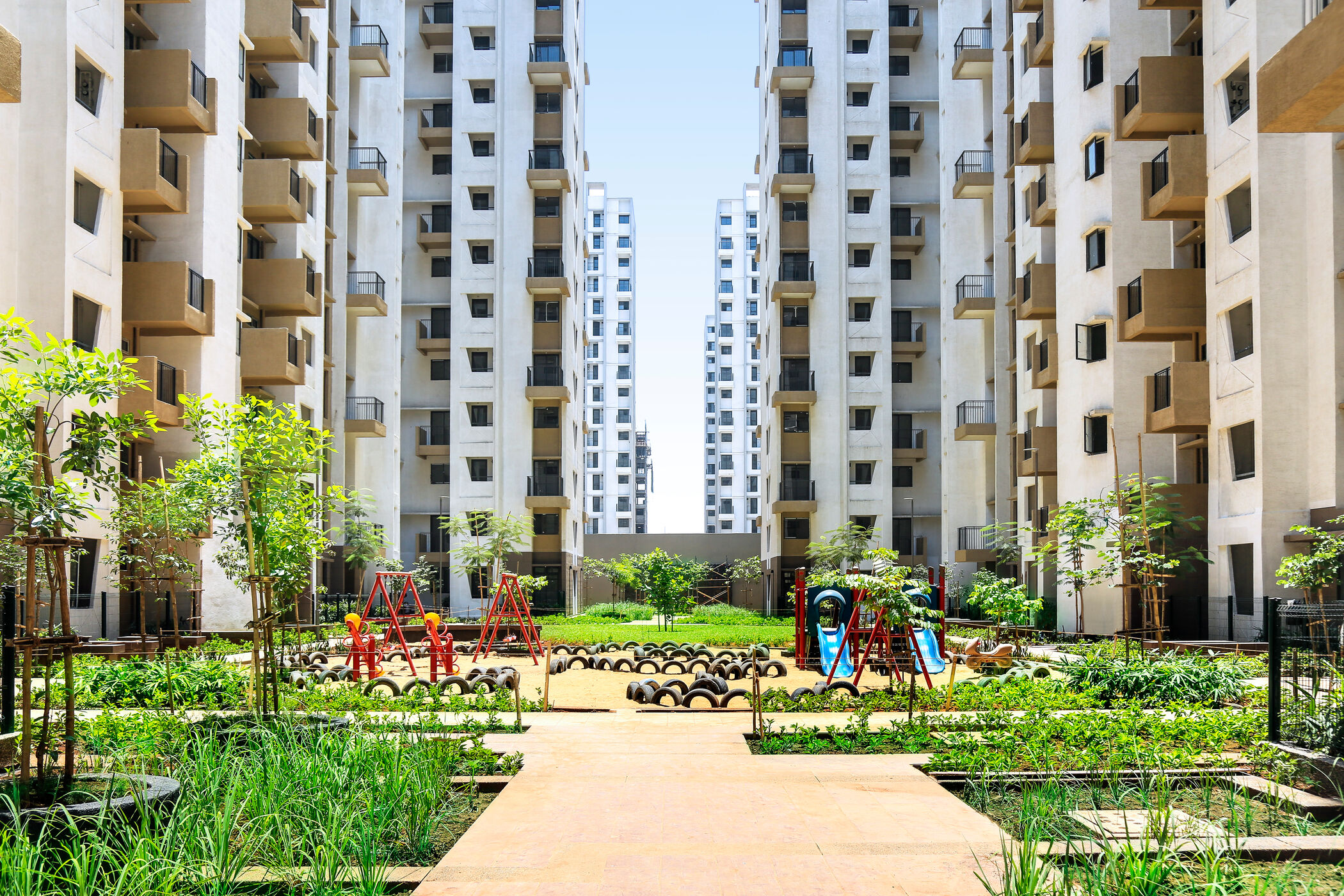Are you considering buying a fixer-upper as a way to save money on your next home purchase? While these properties can be tempting with their lower price tags and potential for customization, there are hidden costs that many first-time investors overlook. In this post, we’ll explore the often-overlooked expenses associated with renovating a fixer-upper property so that you can make an informed decision before investing. From unexpected repairs to contractor fees and everything in between, understanding the true cost of fixing up a run-down property is crucial to making sure it’s worth your investment. So let’s dive in!
What are fixer-uppers?
Many people are drawn to the idea of buying a fixer-upper. The thought of getting a great deal on a property that just needs a little bit of work can be appealing. However, it’s important to be aware of the potential hidden costs associated with these types of properties.
One of the biggest potential expenses is the cost of repairs and renovations. You may think you have a good handle on what needs to be done, but until you get started you won’t really know the full extent of the work that needs to be done. This can lead to big surprises in terms of both the time and money required to get the property into shape.
Another potential cost is the impact on your quality of life during the renovation process. If you’re not prepared for it, living in a construction zone can be very stressful. It’s also worth considering whether you have the skills and knowledge necessary to take on some of the work yourself. Otherwise, you’ll need to hire contractors which can add substantially to your costs.
Finally, don’t forget about carrying costs such as mortgage payments, insurance, and taxes while you’re working on getting the property ready for sale or rent. All of these factors need to be considered before making an offer on a fixer-upper. By being aware of the potential hidden costs, you can make sure you’re prepared for them and don’t end up overpaying for your investment property.
The hidden costs of fixer-uppers
The average fixer-upper costs about $15,000 more than the median home value in the U.S., according to a recent study by real estate website Trulia. But that’s not the only cost you need to be aware of before taking on a fixer-upper.
Here are some of the other hidden costs of fixer-uppers:
1. The cost of repairs and renovations can add up quickly.
2. If you’re not experienced in home repairs, you may end up paying for professional help.
3. It can take a long time to complete all the repairs and renovations, which means you’ll likely be living in a construction zone for months (or even years).
4. There’s always the chance that hidden damage will be discovered once work begins, which can add to the costs.
5. You may need to move out temporarily while major renovations are being completed, which could add additional expenses to your budget.
How to know if a fixer-upper is right for you
If you’re considering a fixer-upper, there are a few things you need to take into account before making the final decision. The first is your budget. Are you prepared to spend the money necessary to truly make the home your own? If not, a fixer-upper may not be the right choice for you.
The second thing to consider is your timeline. Are you prepared to live in a construction zone for months, or even years? If not, a fixer-upper may not be the right choice for you.
Finally, think about your lifestyle. Do you mind living in a neighborhood that’s still developing? Or do you prefer a more established area? If you’re not comfortable with a little bit of chaos, a fixer-upper may not be the right choice for you.
Tips for fixing up your home
When considering a fixer-upper, it is important to be aware of the potential hidden costs that can come along with the project. Here are a few tips to keep in mind:
1. Be realistic about the scope of the project. Don’t bite off more than you can chew! It’s important to realistically assess your skills and abilities, as well as the time and money you are willing to invest in the project.
2. Do your research. Be sure to get a good understanding of what is involved in the project before you get started. This includes understanding the necessary permits and inspections that may be required.
3. Get a professional opinion. If you are unsure about anything, it is always best to consult with a professional contractor or designer who can help you develop a realistic plan and budget for your project.
4. Make a budget and stick to it! One of the biggest mistakes people make when taking on a fixer-upper is not budgeting properly for the entire project. Be sure to factor in all aspects of the renovation, from materials and labor costs to unforeseen repairs that may pop up along the way.
Conclusion
Fixer-uppers can be a great way to save money when buying property, but they come with hidden costs that can add up quickly. Before investing in a fixer-upper, it is important to do your research and get an accurate estimate of the cost of repairs and renovations needed. With proper planning and budgeting, you can turn a fixer-upper into your dream home without breaking the bank – just make sure you know what costs are involved before getting started.











